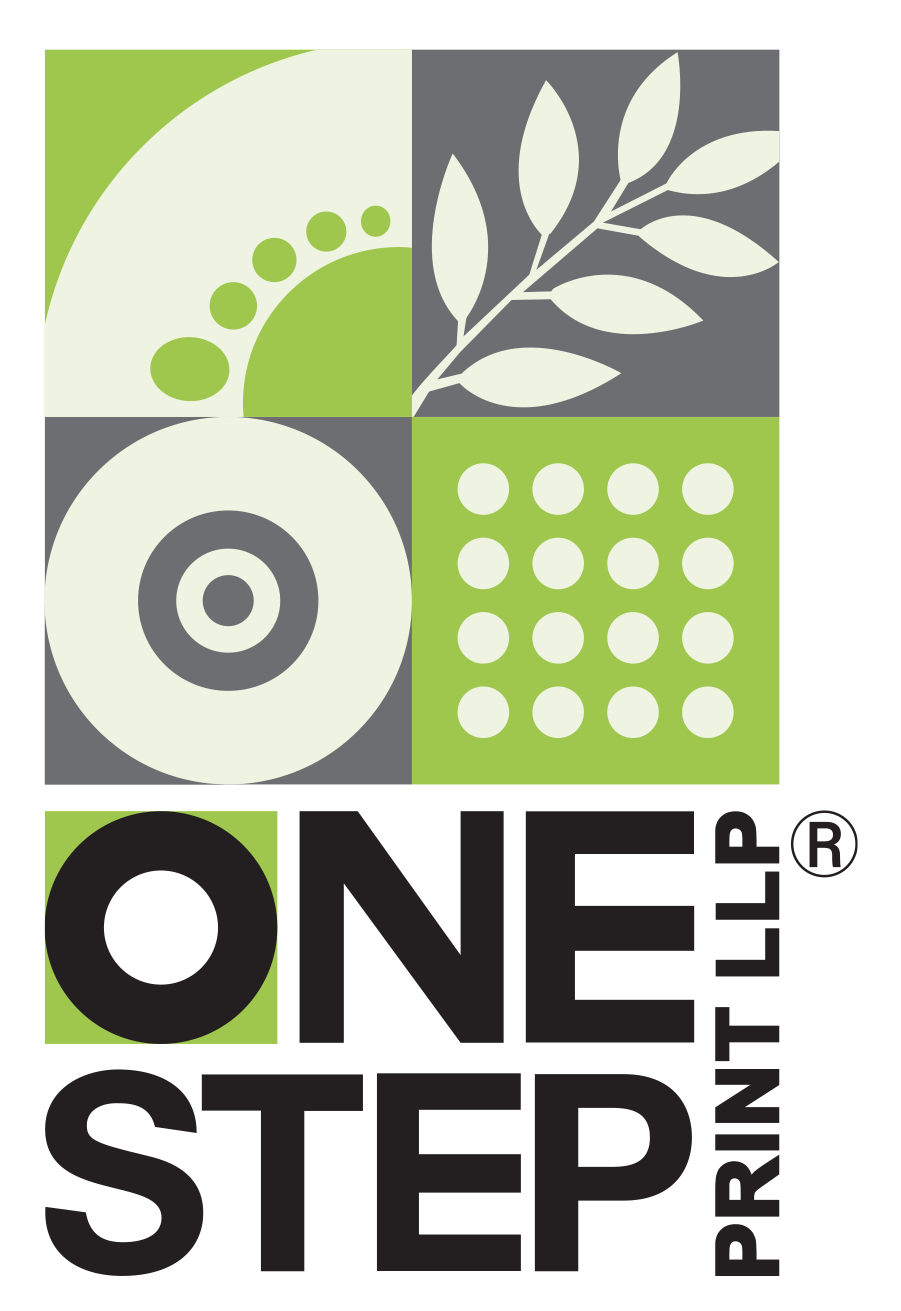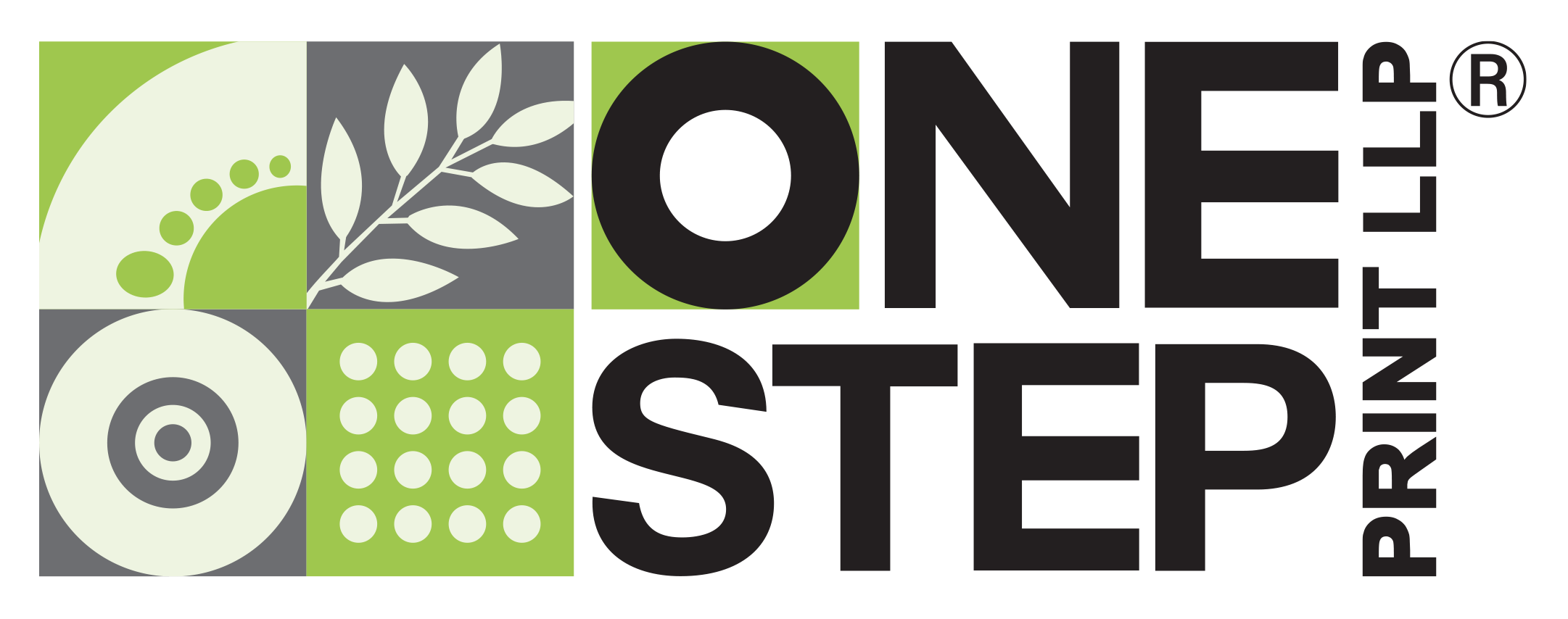BLOGGING STRATEGIES FOR ENTREPRENEURS

Running a small business often leaves little time for blogging. However, blogging is one of the best ways to establish yourself as an expert, build brand awareness, and provide valuable content to your audience.
According to the Social Marketing Industry Report, 43% of marketers believe that blogging is their most important type of content.
To help you begin, we’ve compiled ten detailed blogging tips for entrepreneurs. These tips will guide you on how to increase traffic to your website and attract more potential clients.
1. Create a Set Schedule
The first thing you need to do is create a schedule. Whether you’re publishing a blog post on Saturday or Wednesday, consistency is key. A blogging schedule helps you stay organized and meet your goals. Additionally, a content schedule lets your customers know when to expect new posts, which is especially important if they are interested in specific topics.
2. Plan Your Content
You need to have your content ready as soon as you start your blog. As an entrepreneur, it’s crucial to have a plan for the types of content you’ll post. Will it be how-to articles or a blog series? Here are some popular blog formats:
- How-to’s and Tutorials
- List Blogs (Top 10)
- Checklists, To-do’s, and Cheat Sheets
- Reviews
- Infographics
- Show Notes from Podcasts
- Videos
Having a clear plan will make creating content much easier and more natural.
3. Create a Content Calendar
A content calendar is a working document used to schedule blog posts for the day, week, and month.
Once you have a plan and schedule, it’s time to create a content calendar. There are many templates and programs available for this, such as Google Drive or Word. This is also a great opportunity to organize your blog posts by category. By focusing on your content calendar, you’ll find it easier to come up with new blog posts and topics.
4. Create Evergreen & Attractive Content
Entrepreneurs and small business owners are often expected to excel at blogging. However, your audience isn’t interested in reading about your profits and strategies. They prefer topics related to your industry. Focus on creating engaging and informative blog posts that captivate your readers and keep them coming back for more.
5. Keep Your Blog Posts Short
Long-form content is excellent for search engines, but it might not always be ideal for your audience. Aim to keep your blog posts at a minimum of 500 to 600 words, which still allows for good SEO and search engine rankings. You know your audience best, so adjust the length of your content to suit their preferences.
However, if you want to boost user engagement and SEO, consider investing extra time to create a high-quality, long-form article of 1,000 to 1,500 words.
6. Blog With Your Target Audience in Mind
It’s essential to create content with your target audience in mind. Entrepreneurs who blog need to produce content that their readers will enjoy and want to share. Brainstorm popular topics and write about them from a fresh perspective. This helps you create unique content for your website without resorting to direct selling or plagiarism.
Several content tools can help generate great content ideas, including:
- HubSpot Blog Ideas Generator
- Answer the Public
- Ubersuggest
- BuzzSumo
7. Guest Bloggers
You don’t have to write all your blog posts by yourself. Many successful entrepreneurs use guest bloggers to enhance their content.
- Industry Contacts: Reach out to someone you work with in the industry and ask for their creative input.
- Loyal Clients: Invite your loyal clients to contribute to your blog.
- Staff Contributions: Discuss with your staff to see if they can provide weekly or monthly blog posts.
8. Connect & Motivate Your Audience
A crucial tip for entrepreneurs is to connect with your audience effectively. Aim to motivate them with specific, relevant content rather than generalized information. Avoid technical jargon; use clear, straightforward language and create personalized content that captures their interest. The goal is to inspire your readers without coming across as a motivational speaker.
9. Create A Blog Series
10. Market Your Content
Writing and publishing your blog is only half the job. The other half involves marketing your content. What’s the point of creating a blog post if it doesn’t reach your audience? To meet your business goals, effective content marketing is essential.
These blogging tips can help entrepreneurs succeed. By implementing them, you’re likely to see positive results. Blogging has the potential to be a profitable tool for your business.
Blogging can be challenging for many entrepreneurs just starting out, but it gets easier with practice. Use this opportunity to discuss your business and industry. Blogging can drive sales, increase traffic, and build stronger relationships with your customers.
Do you have any tips or suggestions? We’d love to hear from you—please share your thoughts in the comments below!
[Bulk Printing, Offset Printing, Commercial Printing, Printing Partner, Printing Service Provider, Printing Solutions, Printers For Corporates, Professional Printing, One Step Print LLP, Offset printer for bulk Printing, Printer Nearby, Blogging Tips For Entrepreneurs, Small Business Blogging Strategies, Content Marketing For Startups, How To Write Engaging Blog Posts, Effective Blogging For Business Growth, Content Ideas For Entrepreneurs, Marketing Your Blog Content, Building A Blog Audience, Blog Series For Business, Improving Blog Reach And Traffic]








